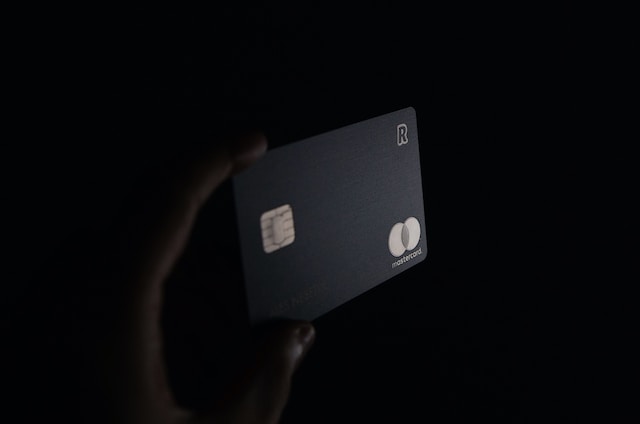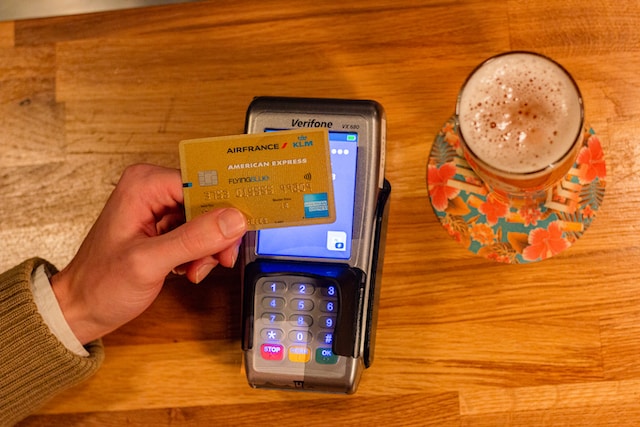Do You Need a Credit Card?
If you are thinking about this question, then you need to study what a credit card is, how it differs from a consumer loan and what its pros and cons are. A credit card is paid for transactions at the expense not of its own funds, but of funds provided by the bank for a certain period within the established limit of funds.
The credit card, which you can find out about on the https://mondial-card.com, allows you to pay for goods and services using the bank’s funds. Using a credit card, you will no longer have to save money to buy things you need right now, or postpone the purchase just because you didn’t have the right amount with you
In which case should you apply for a card?
A credit card is suitable for disciplined borrowers who monitor their finances and repay the debt on time. Otherwise, it can become an additional burden with an ever-growing debt.

You can also open a credit card for insurance: it is not necessary to use it, but you can keep it in your wallet if you suddenly need money urgently. In this case, you should choose a card with free service. You can find out about the various terms of service on the https://mondial-card.com/comparatif-carte-bleu-visa/.
Pros and cons of credit cards
Pros:
- Interest is accrued only on the amount owed. Unlike a consumer loan, interest on a credit card is accrued only on the amount of funds spent.
- Interest-free period. This is a certain period during which you can use the bank’s money for free. In order not to pay interest, you need to completely close the credit card debt before the end of the period.
- Flexible repayment schedule. It is better to repay the debt on a credit card during the free period — so you do not have to pay interest. If it is not possible to close the debt during the period, it is enough to make at least minimum monthly payments.
- Cashback and bonuses. Most banks have bonus programs on credit cards, under which cashback is accrued for purchases or discounts are provided from partners.
- Simplicity of design. Getting a credit card is usually easier than getting a consumer loan. The requirements for credit card borrowers are less strict. Often, a passport is enough to get a credit card with a small limit.

Cons
- Service fee. Consumer credit is issued and serviced free of charge. A commission is often charged for issuing and servicing a credit card.
- High interest rate. Banks set fairly high interest rates on credit cards, on average 10 percentage points higher than on consumer loans. And for cash withdrawals and transfers, the rates reach up to 50% per annum and even higher.
- High commissions. A credit card should only be used for non-cash purchases. A commission is almost always charged for cash withdrawals and transfers. Also, these operations usually do not fall under the grace period.
If you use a credit card correctly, you can not only not pay interest and commissions, but also earn. The main principle is that you do not have to pay the bank for using the card, but it is for you.







